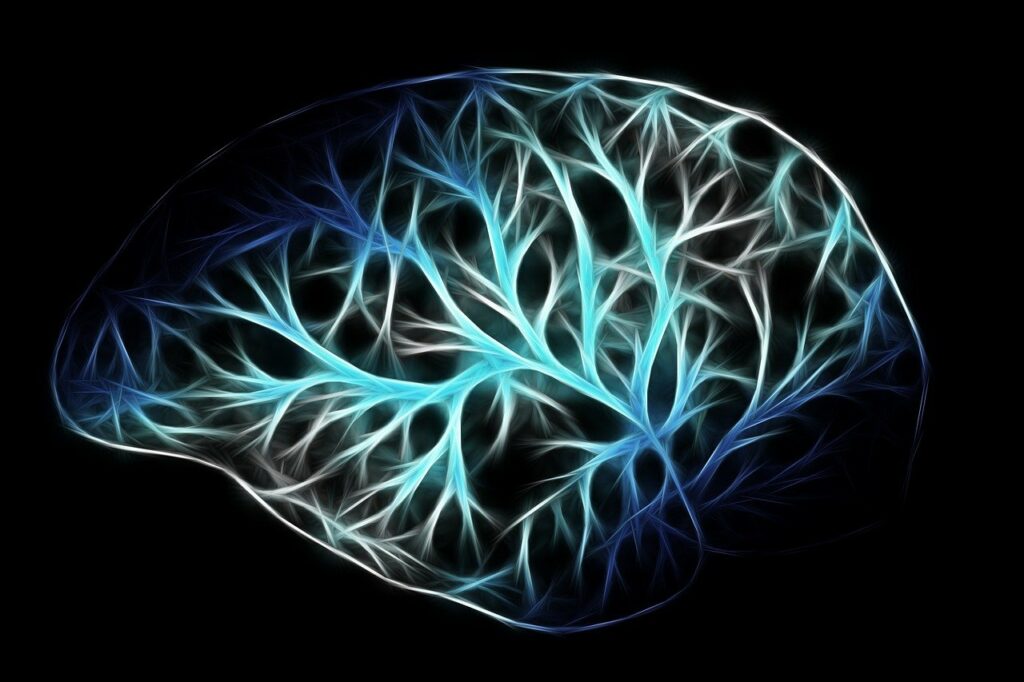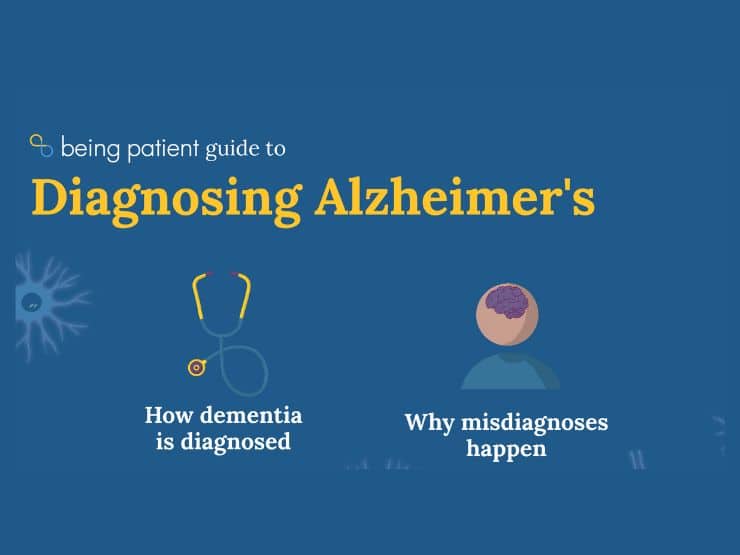One in five people who see a doctor with cognitive concerns are misdiagnosed.
Dementia, in all its many forms — including Alzheimer’s, Parkinson’s, Lewy Body, FTD and more — is difficult to correctly diagnose. But understanding the intricacies of the diagnostic process is essential: Misdiagnoses are common, and millions of people live with dementia that is undiagnosed altogether.
This is a missed opportunity: Early, accurate diagnosis opens up a world of options for better care, lifestyle interventions to slow and manage symptoms, research participation opportunities, and even access to treatments that could slow the course of their disease.
One in five people who see a doctor with cognitive concerns are misdiagnosed.
Dementia, in all its many forms — including Alzheimer’s, Parkinson’s, Lewy Body, FTD and more — is difficult to correctly diagnose. But understanding the intricacies of the diagnostic process is essential: Misdiagnoses are common, and millions of people live with dementia that is undiagnosed altogether.
This is a missed opportunity: Early, accurate diagnosis opens up a world of options for better care, lifestyle interventions to slow and manage symptoms, research participation opportunities, and even access to treatments that could slow the course of their disease.
What you’ll learn
In this guide, Being Patient explores how dementia diagnosis works and its different phases. And, we share expert insights on what patients and primary care doctors can each do to make sure people living with dementia are getting timely, accurate diagnosis — and in turn, appropriate care.
You will learn:
- Cognitive testing and its limitations
- Current and upcoming diagnostic methods such as brain scans, blood tests, and emerging technologies
- Early signs and symptoms of Alzheimer’s and other forms of dementia
- Common reasons behind misdiagnosis

